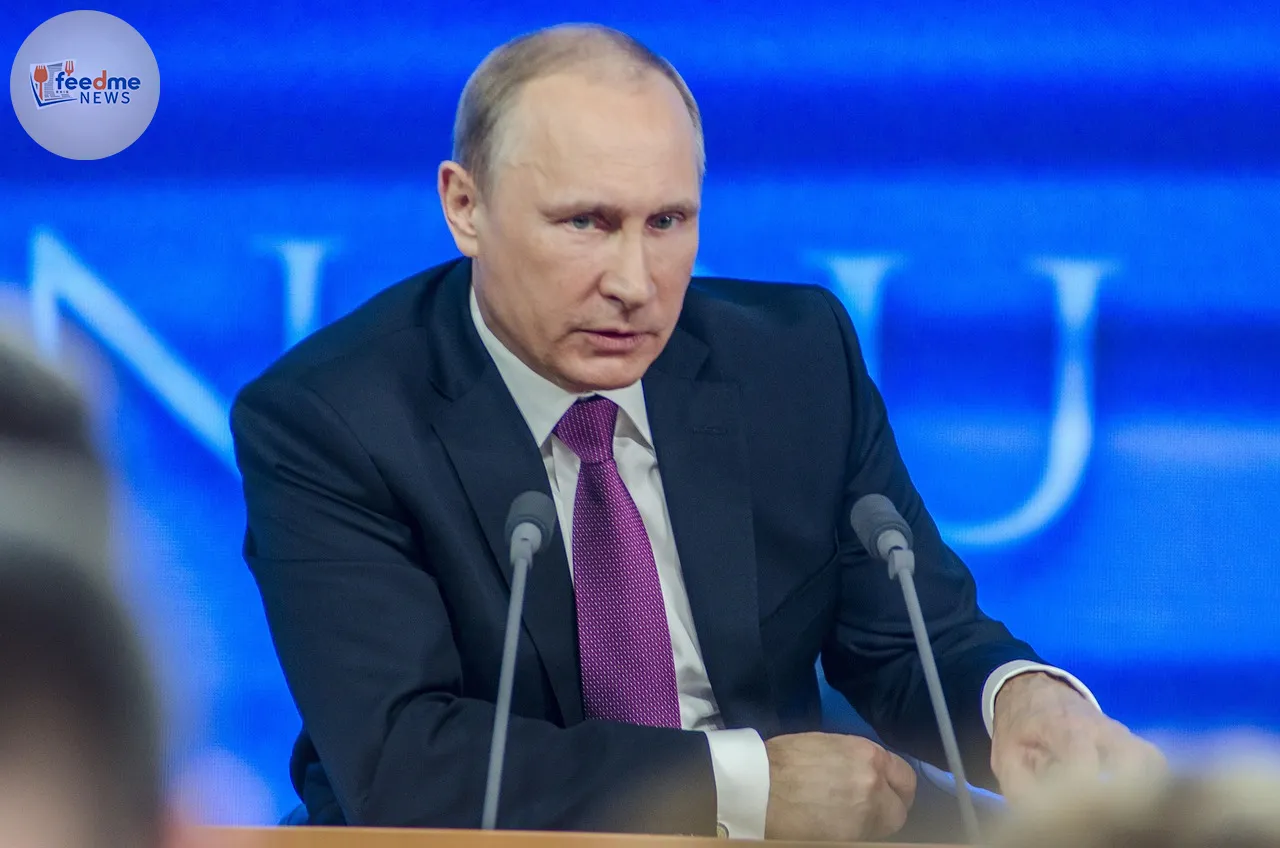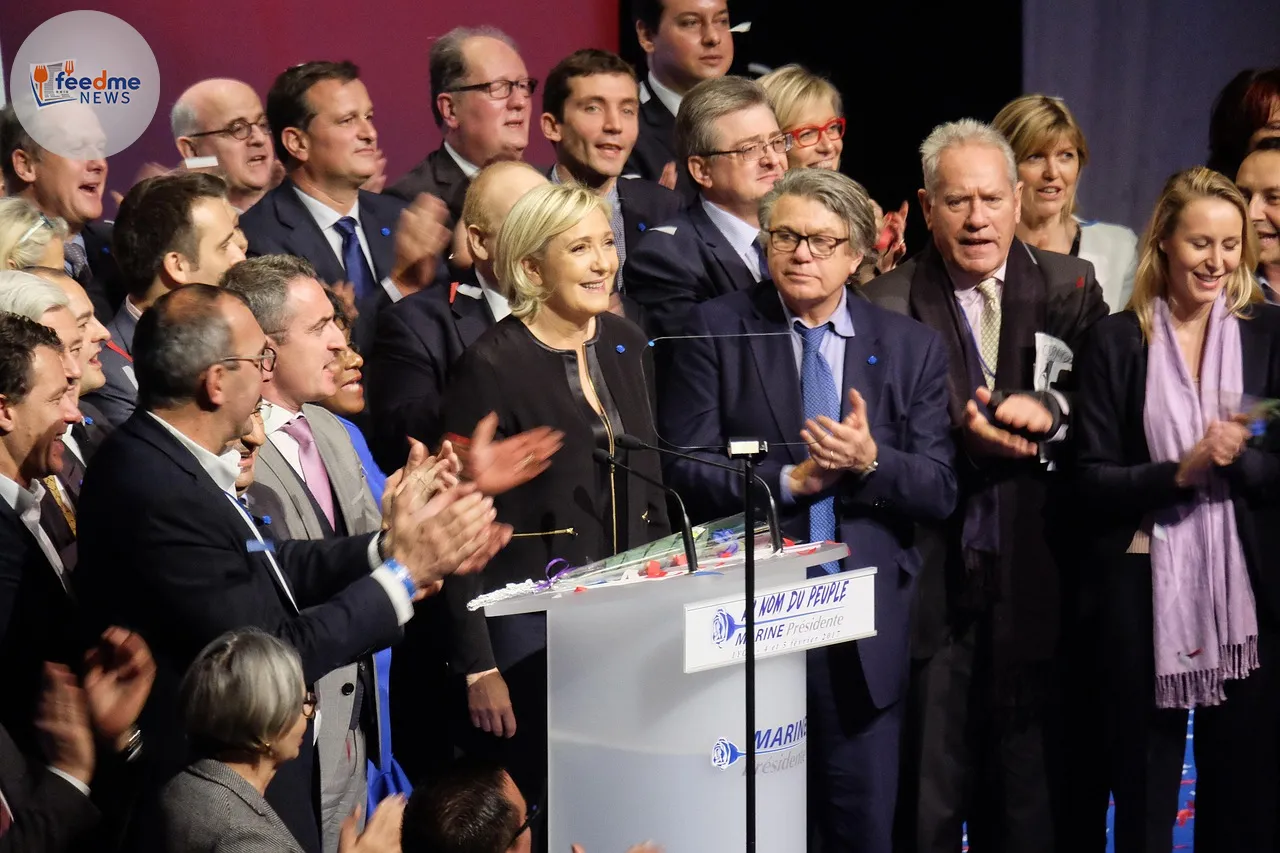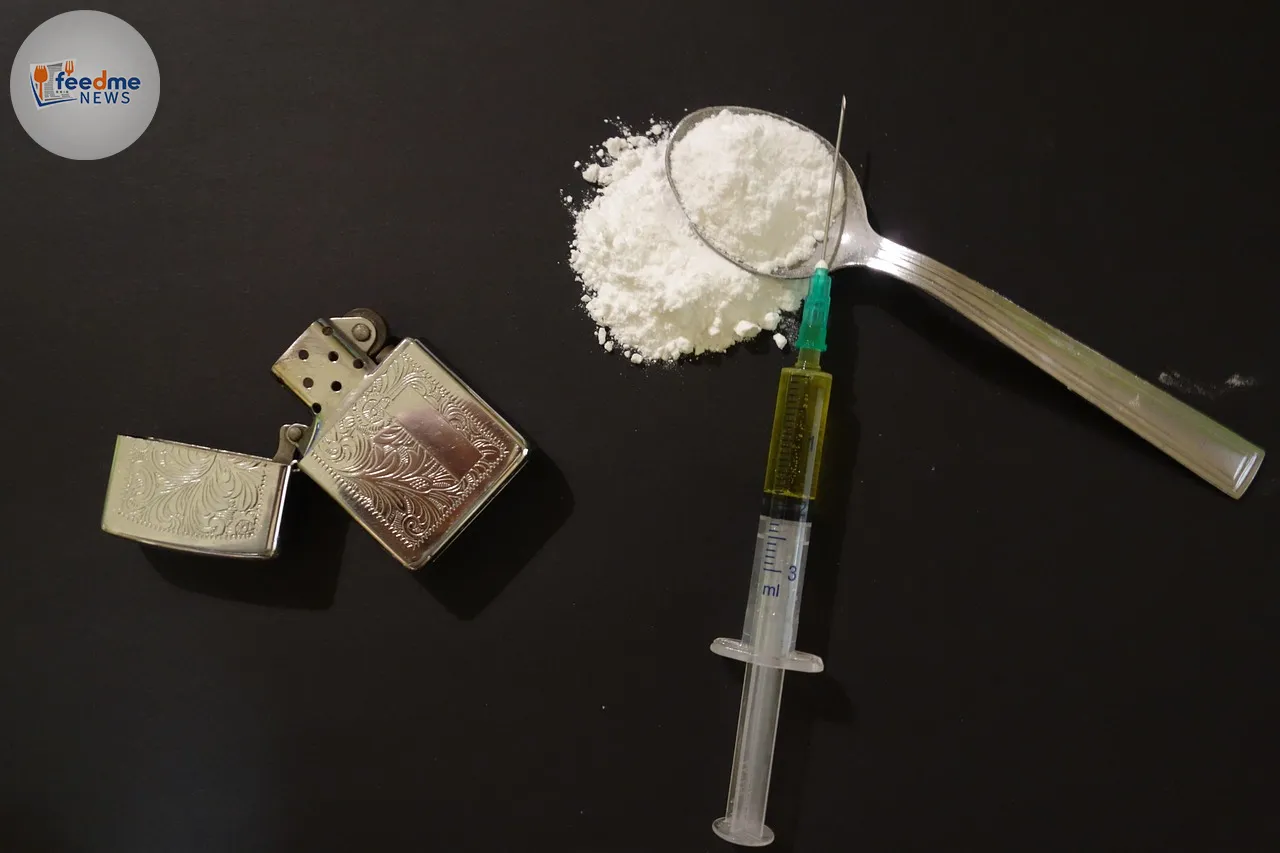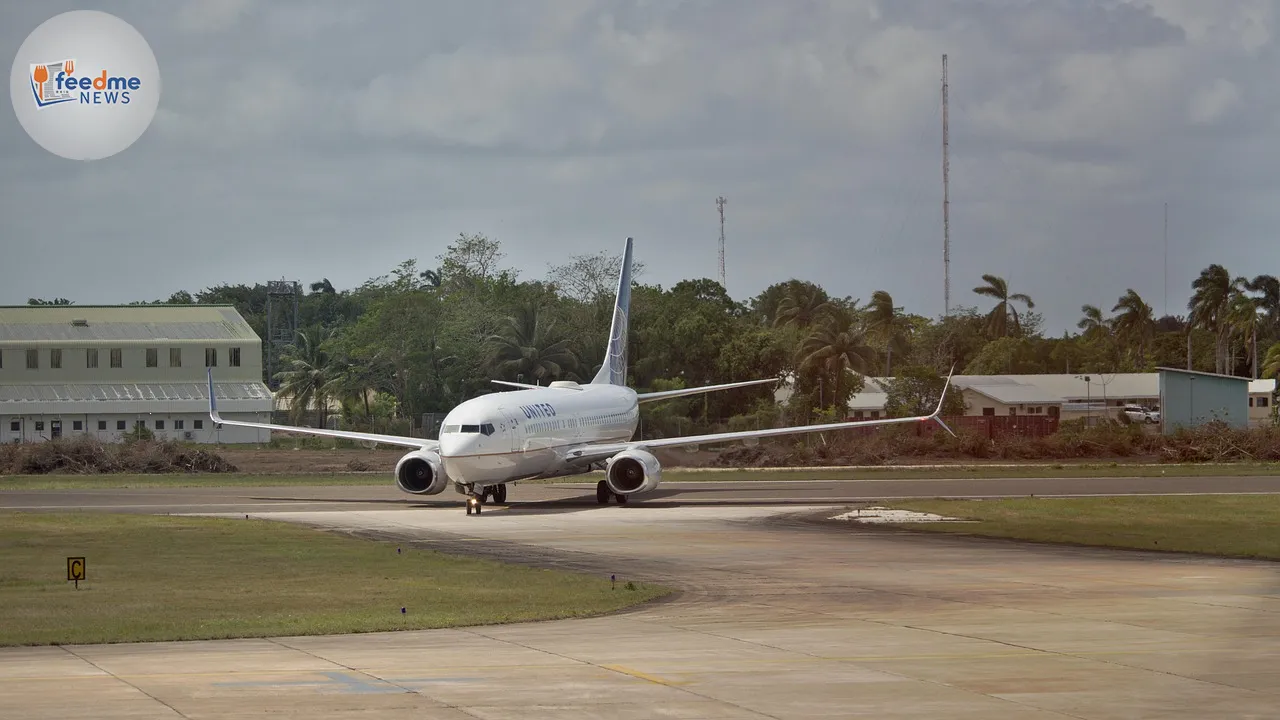Russian President Vladimir Putin has articulated specific conditions for a ceasefire in the ongoing conflict with Ukraine, emphasising the need to address what he refers to as the “root causes” of the war. In a statement that has drawn international attention, Putin acknowledged that hostilities must end but insisted on resolving underlying issues as a prerequisite. This development comes as diplomatic efforts continue to seek a peaceful resolution to a conflict that has resulted in significant casualties and widespread destruction.
Putin’s remarks, delivered during a press conference in Moscow, underscore the complexities of achieving peace in a region fraught with historical tensions and geopolitical interests. The Russian leader’s stance highlights the challenges faced by negotiators aiming to broker a ceasefire agreement that satisfies both Russian demands and Ukrainian sovereignty.

Timing and Context of the Statement
Putin’s declaration was made on 13 March 2025, at a time when the conflict in Ukraine has been escalating, with both sides suffering heavy losses. The ongoing war, which began in 2014 with Russia’s annexation of Crimea, has seen numerous failed attempts at peace. The latest ceasefire talks, facilitated by international mediators, have been met with optimism but also scepticism due to past setbacks.
The announcement took place in Moscow, a city that has been at the centre of Russia’s military and political strategies. Putin’s choice to address the media in the Russian capital is significant, signalling the importance of the message to both domestic and international audiences. The timing of the statement also coincides with renewed efforts by Western nations to impose further sanctions on Russia, highlighting the ongoing geopolitical tug-of-war.
Putin’s Preconditions for Ceasefire
Putin’s conditions for a ceasefire include the recognition of Russian sovereignty over Crimea, a demand that Ukraine has consistently rejected. Additionally, he calls for the demilitarisation of the eastern regions of Ukraine, where pro-Russian separatists have been active. These demands aim to solidify Russia’s strategic gains while addressing what Putin describes as security concerns.
Experts note that Putin’s insistence on addressing “root causes” reflects a broader strategy to reshape the regional order in Russia’s favour. According to Dmitry Trenin, a Moscow-based political analyst, “Putin is leveraging the ceasefire talks to reinforce Russia’s geopolitical position. The focus on root causes is a tactical move to legitimise Russia’s actions and ensure long-term influence over Ukraine.”
International Reactions and Implications
The international community has reacted with caution to Putin’s conditions. Western leaders, including US President Joe Biden and UK Prime Minister Rishi Sunak, have reiterated their support for Ukraine’s territorial integrity and called for an immediate cessation of hostilities without preconditions. These leaders argue that any ceasefire must respect Ukraine’s sovereignty and be accompanied by a withdrawal of Russian forces.
The European Union, which has been actively involved in mediating peace talks, expressed concern over Putin’s demands. Josep Borrell, the EU’s High Representative for Foreign Affairs, stated, “While we welcome any opportunity for peace, we must ensure that the terms of a ceasefire are fair and do not compromise Ukraine’s independence.”
Impact on the Ground
On the ground, the situation remains dire, with continued fighting in key regions such as Donetsk and Luhansk. Humanitarian organisations report worsening conditions, with civilians bearing the brunt of the conflict. The International Red Cross has called for increased aid to affected areas, emphasising the urgent need for a ceasefire to facilitate relief efforts.
The ongoing conflict has also led to a significant displacement crisis, with millions of Ukrainians fleeing to neighbouring countries. The United Nations High Commissioner for Refugees (UNHCR) has highlighted the strain on host nations and called for international support to address the humanitarian fallout.
Prospects for Peace
As ceasefire talks continue, the prospects for peace remain uncertain. Analysts suggest that achieving a lasting resolution will require concessions from both sides and a commitment to addressing long-standing grievances. The role of international mediators, including the Organisation for Security and Co-operation in Europe (OSCE), will be crucial in facilitating dialogue and ensuring compliance with any agreements reached.
Moving forward, the focus will be on whether Putin’s conditions can be reconciled with Ukraine’s demands for sovereignty and territorial integrity. The coming weeks are likely to see intensified diplomatic efforts, with the potential for further escalations if negotiations falter.
In conclusion, Putin’s preconditions for a ceasefire present both challenges and opportunities for resolving the Ukraine conflict. While the path to peace is fraught with obstacles, the commitment of international stakeholders and the resilience of the Ukrainian people offer hope for a resolution. As the situation evolves, the world watches closely, hopeful for a breakthrough that ends the suffering and paves the way for a stable and prosperous future.





